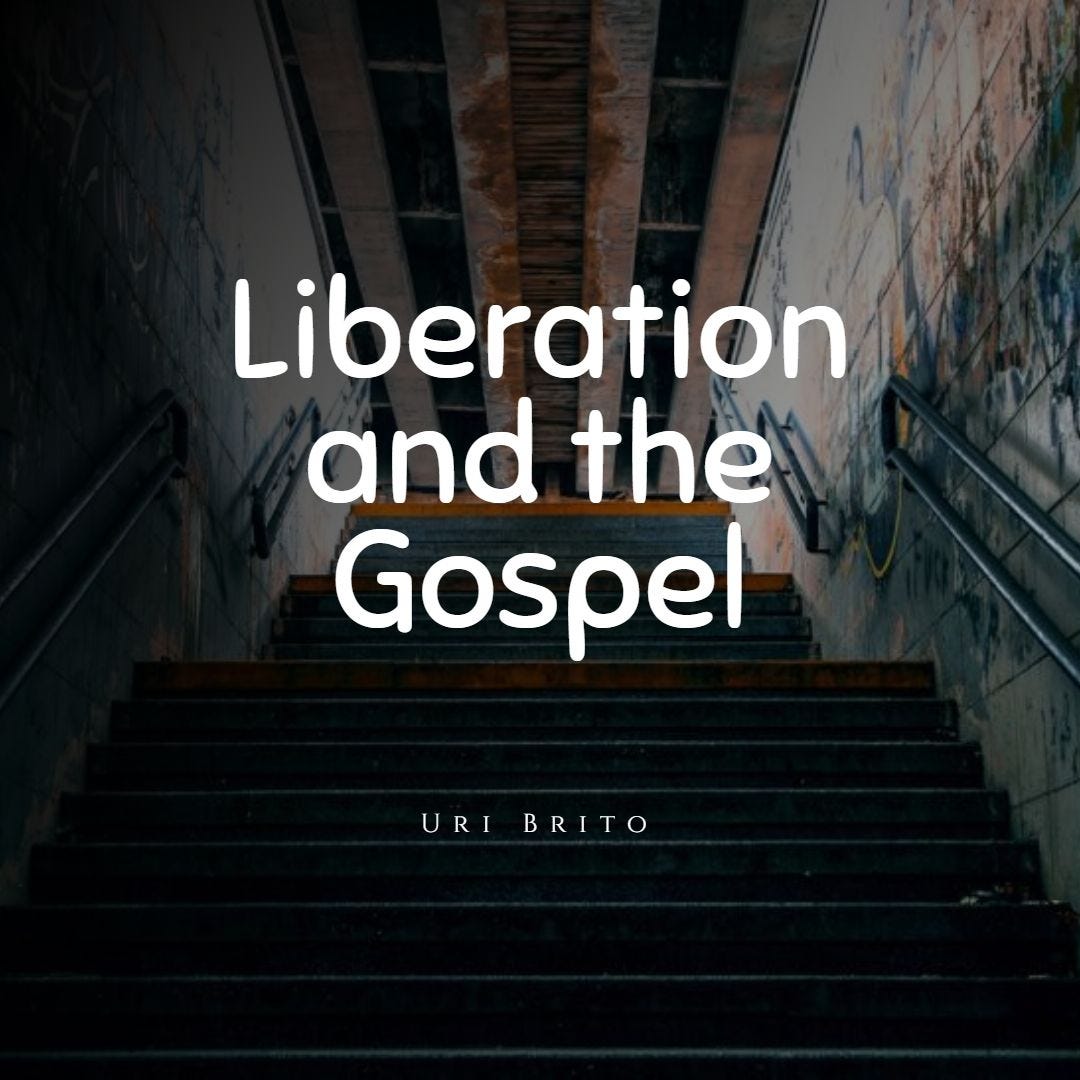Liberating Ourselves From Liberationist Movements

The laws of a culture establish the culture’s god(s). In similar fashion, the presuppositions of a culture shape their understanding of the purpose of a society. So, let’s consider two of the most classic assumptions that have guided liberal movements in the last 100 years and that are seeing a resurgence in our day:
Assumption #1: God has a preferential option for the poor, oppressed, and the marginalized.
Assumption #2: God is working towards the political liberation of such people from their subjugators.
Now, in this corner we put men like Gutierrez, Cone, Romero, and others. Their starting assumptions seem good and noble. After all, the prophets are filled with exhortations to love the poor and oppressed; and, we should add that the Exodus motif also provides at least some rationale for a form of liberation. But you should note that these assumptions stem from a fairly limited sense of biblical history. It fails to connect the Israelite Exodus–for example–to the re-establishment of a new Israel who will never be enslaved again and subjugate themselves to Pharaoh. The remarkable thing about redemptive history is that it never ceases to move.
One of the distinctions I use is the difference between biblical literacy and biblical sense. Biblical literacy means you’ve read the Bible and are self-aware of general themes (creation, John 3:16, etc.). Biblical sense means you’ve read the Bible, but are also capable of connecting the dots of the Bible and forming a coherent view of redemptive history. I argue that theologies of liberation glue themselves to one big theme (let’s say the Exodus as an example) while forgetting to connect that theme to the rest of sacred history.
If we assume that God has a preference for a particular group or color, we are pouring our limitations on God’s affections, thereby freezing God’s free acts. God is, of course, no respecter of persons (Rom. 2:11) but all persons are called to respect God. Ideologies that begin with the premise that God offers the preferential treatment is most likely to look down upon others for whom they perceive God to be blessing. It’s no wonder that these ideologies inhabit largely liberal Catholic locations or word-of-faith environments. Both which trade God’s sovereignty for a sort of welfarism divinity which can be summoned by cheap tricks or sacerdotal acts.
We are to desire to see God liberate all the oppressed and all the poor, but also all the comfortable and all the adulterers in Wall Street. Christians do not begin under condemnation, but under a cosmic liberation from sin and the tyranny of the devil and all his works.
The liberation many seek in our day will leave them just as helpless as before. Even if their earthly subjugators (as they see them) leave them alone, they will still find themselves shackled to false narratives which in the end will make them even poorer.
The post Liberating Ourselves From Liberationist Movements appeared first on Kuyperian Commentary.

